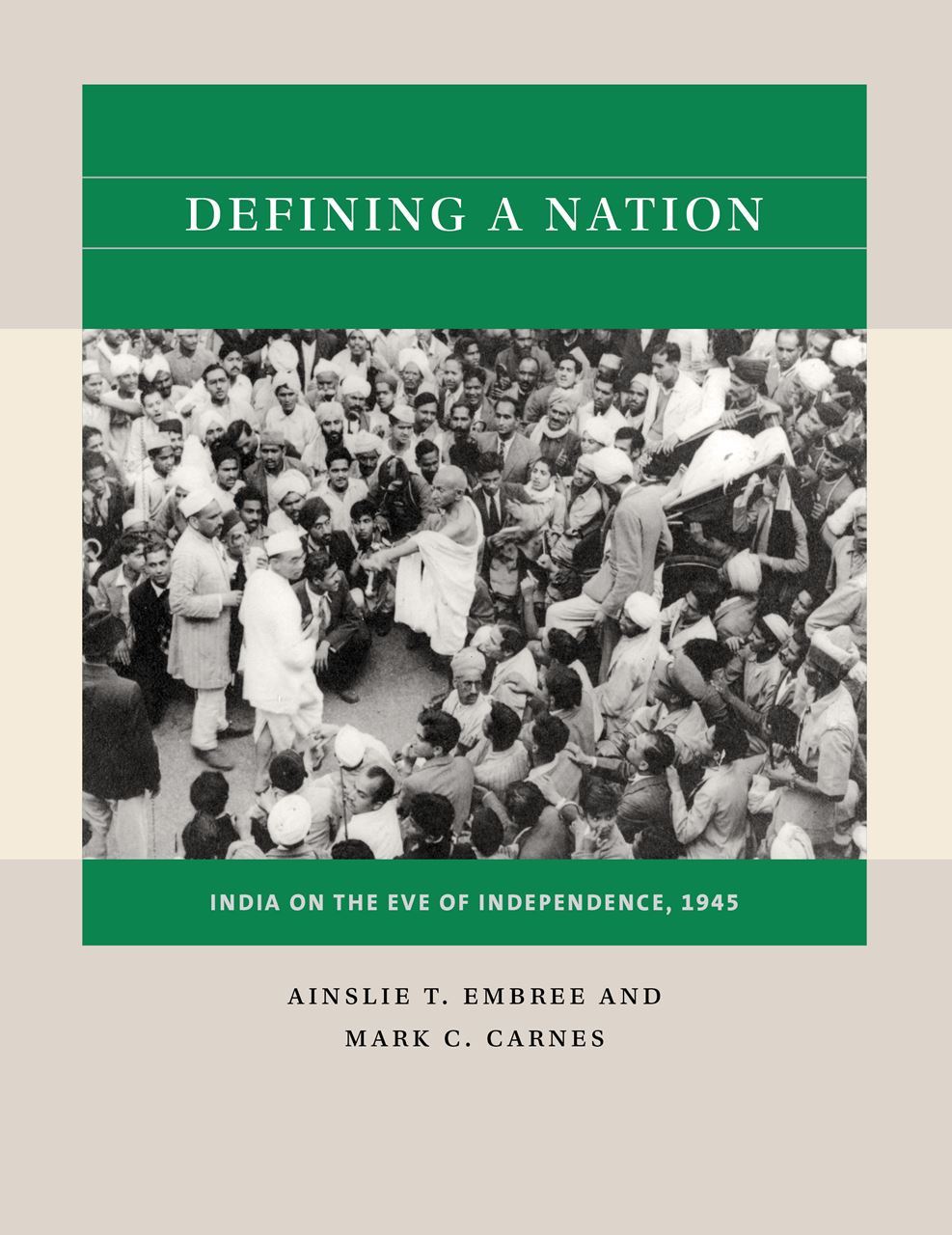 |
SATI IN INDIA 1829
A "Virtuous Woman"? The Abolition of Sati in India 1829
by Judy Walden
 | Should the East India Company ban the Hindu tradition of voluntary widow-burning in Bengal? Calcutta, 1829, is the prosperous and populous capital of Bengal, the epicenter of British rule in India. You have gathered at the British Governor-General’s residence in Calcutta, where Governor-General Bentinck has summoned you to address an increasing contentious issue in British India: sati, the immolation of a widow on her husband’s funeral pyre. In the 1820s, the practice of sati has come under increasingly under attack: from liberal British reformers, Christian missionaries, and upper-caste Hindu reformers. But banning sati, some British East India Company administrators fear, will antagonize the Hindu population, destabilize British control over Bengal, and thus threaten profits. Players must navigate questions of religious authority and tradition, cultural autonomy, and colonial control as they debate whether the British should abolish sati in Bengal. This is a Level 2 game that is still under development and has yet to be approved by the Reacting Editorial Board (REB) for general use. A detailed explanation of the editorial process and game levels can be found on our REB Page. |
Details
|
Using the Game |
Class Size and Scalability Class Time Assignments You can adjust the assignments to fit the desired learning outcomes of your game. This game can include traditional papers, research, thesis-driven writing, journalism, and creative writing. All roles are required to give formal speeches. |
 GAME MATERIALS
GAME MATERIALS
Reacting Consortium members can download all game materials below. You will be asked to sign in before downloading.
This Level 2 game page has been made public because of the game's inclusion in the upcoming Summer Institute. At present, the game materials have not been approved for general use. Check back again soon!
Please Fill out the Permissions Request Form Before Using India 1829 in Your Class!
Gamebook All students need a Gamebook, which includes resources and historical content. Members can download the Gamebook, and provide it to students for free or at cost.
| Instructor's Manual The Instructor's Manual includes guidance for assigning roles, presenting historical context, assignments, activities and discussion topics, and more.
| Role Sheets Students also need a Role Sheet, which contains biographical information, suggestions for further reading, and role-specific info or assignments. |
Judy Walden
Judy Walden is a Professor of Modern European and Asian History at Simpson College. She is currently working on two historical role-playing simulations: "A virtuous woman"? The Abolition of Sati in India, 1829 and "The New is Strong": The Hundred Days Reform in China, 1898. |
Members can contact game authors directly if they have questions about using the game. We also invite instructors join our Facebook Faculty Lounge, where you'll find a wonderful community eager to help and answer questions.
|
|
|


